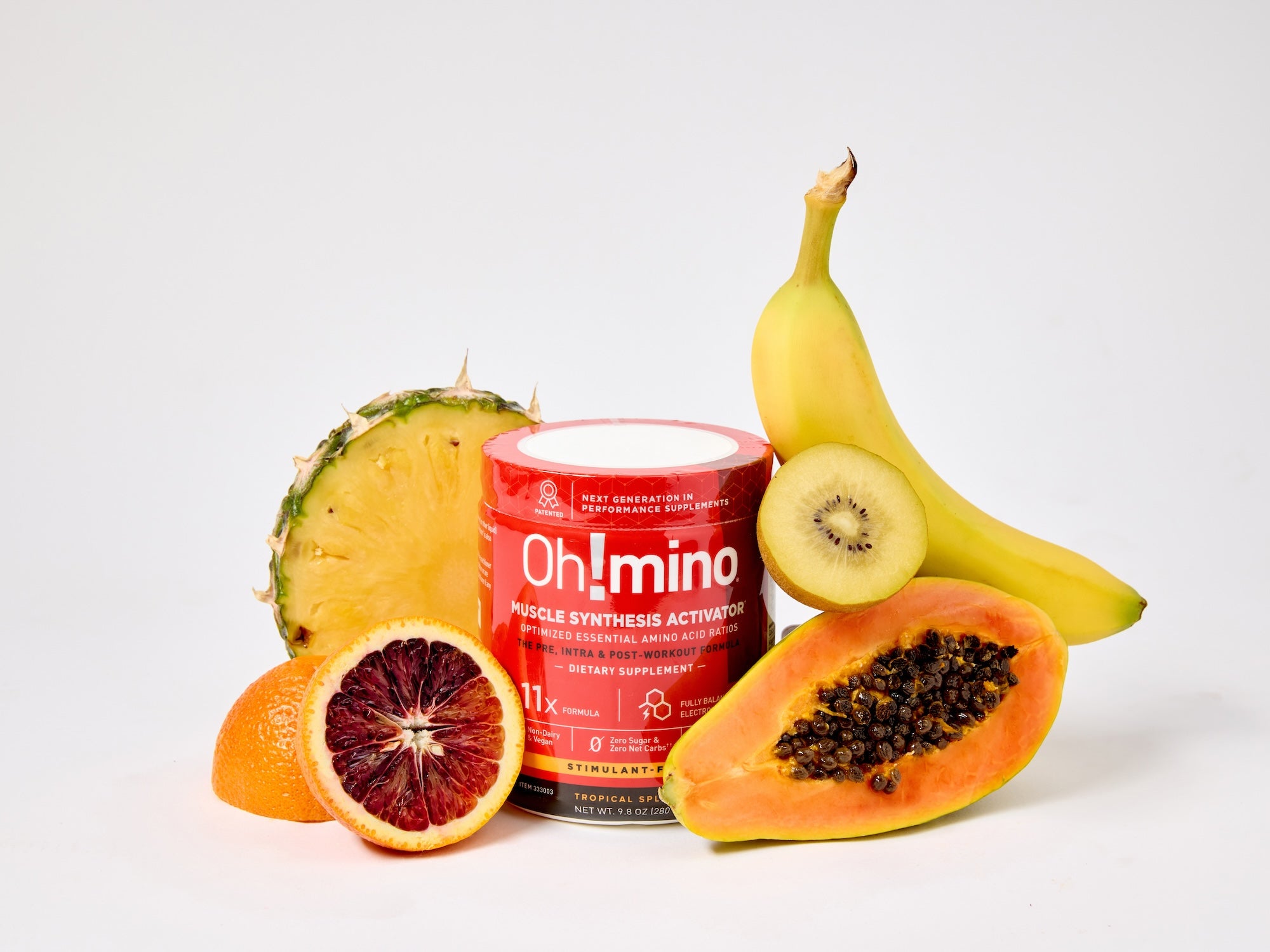Hey there, fellow sleep struggler! You know those nights when you're lying in bed, staring at the ceiling, and counting fluffy sheep, desperately trying to coax yourself into dreamland? Yeah, we've all been there! It's time to tackle the elusive Sandman and get the quality sleep you deserve. And guess what? Your diet can be a game-changer in the quest for better sleep. So, let's dive into this fascinating topic together, shall we?
Now, before we dig into the nitty-gritty, it's important to know that certain foods and nutrients can work their magic by boosting the production of melatonin, the sleep hormone. And we all want a little extra melatonin, right? Foods rich in tryptophan, magnesium, calcium, and B6 are your sleepy superheroes. Tryptophan, the amino acid responsible for the Thanksgiving turkey coma, is a precursor to serotonin, which then turns into melatonin. So, grab yourself some turkey, eggs, cheese, fish, or nuts to load up on tryptophan goodness.
Next up, we have magnesium, the "relaxation mineral." Studies have shown that a lack of magnesium can lead to insomnia and mess with your sleep patterns. So, let's embrace some green leafy veggies, whole grains, and almonds to boost our magnesium levels.
Moving on, calcium is here to save the day by helping your brain convert tryptophan into melatonin. Get your dairy fix or munch on some green leafy veggies and fortified foods to keep your calcium game strong. And don't forget about our buddy Vitamin B6! A deficiency in this vitamin can mess with your serotonin levels, which affects your sleep. Load up on fish, bananas, and chickpeas to keep your B6 levels in check.
Now, let's talk about the foods to avoid. High sugar and high carb foods might taste like heaven, but they can wreak havoc on your sleep. They mess with your blood sugar levels, leading to energy spikes and crashes that disrupt your slumber. And while that nightcap might help you doze off faster, alcohol actually messes with your sleep cycle, preventing those precious deep and restful zzz's.
Ah, caffeine, our favorite pick-me-up! But beware, my friend, caffeine can be a sneaky sleep thief if you indulge in it too late in the day. It's not just coffee; teas, sodas, and even certain medications can pack a caffeine punch. So, let's limit our caffeine consumption to the early hours of the day to avoid any unwelcome surprises at bedtime.
Now, let's talk about meal timing and portion sizes. Wolfing down a big meal right before bedtime is a recipe for discomfort and indigestion, which won't do your sleep any favors. Aim for a light meal at least a couple of hours before you hit the sack. Give your body some time to digest and settle down before you dive into dreamland.
Oh, and hydration is key! Stay hydrated throughout the day, but be mindful of chugging a gallon of water right before bed. You don't want to be making endless trips to the bathroom when you should be catching those precious Z's. Keep your fluid intake balanced throughout the day and ease up a few hours before you tuck yourself in.
Now, remember, my sleepy friend, while optimizing your diet is fantastic, it's not the only factor in the sleep equation. Physical activity, stress management, and good sleep hygiene all play crucial roles in the pursuit of a blissful night's sleep. So, don't stop at diet alone—take a holistic approach to ensure that you wake up refreshed and ready to conquer the world. And if you're having ongoing sleep issues, it's always a good idea to reach out to a healthcare professional for some personalized advice.
So, grab those sleep-inducing goodies, avoid the sleep saboteurs, and create a sleep-friendly environment that invites the Sandman to pay you a visit.
Stay fit my friend,
Michael
Founder


